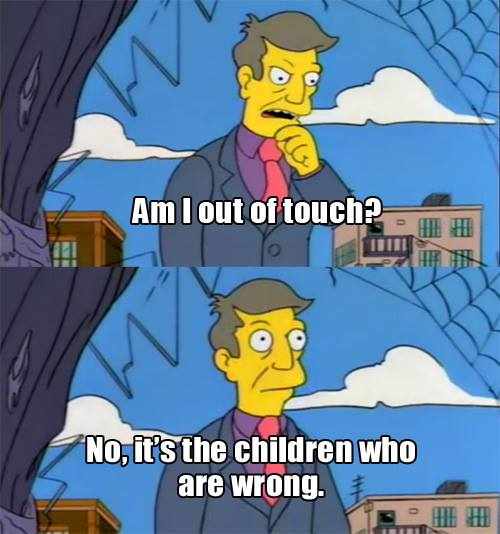No, I judged his act morally justified because his intent helped rather than harmed innocent people.
He could have freed them, but he chose to exploit their labour and help perpetuate a slave economy requiring further people are enslaved to meet demand.
He could have use the money spent to promote abolitionism. He chose to be a slave master.
This is only excusable if we accept a culturally contingent view of morality than sees people as a product of their cultural environment (which I actually agree with)
That opinion is the result of faulty reasoning. Had you been one of his slaves, you would have felt differently. They must have felt very fortunate.
Had I been a freeman who was violently taken form my family and friends, enslaved then my master forced me to work for him without pay but wasn't actively cruel to me, can't say I'd have felt "very fortunate".
Could have been worse, ok. "Very fortunate"? I'd prefer my freedom, family, etc.
Conscience informs us that killing an innocent person is wrong but killing in self-defense is justifiable. This aligns with the survival of our species. Please explain why this would change depending on the environment.
Why do you always go back to the most simplistic examples? Most moral issues are far more nuanced than 'it's ok to kill in self-defence' and are far more culturally contingent.
Even with the most simple examples you fail to see the cultural contingencies though.
Innocent is absolutely a culturally contingent concept.
In a strict honour culture, those having the affair are not innocent and may deserve death.
Self-defence is a culturally contingent concept.
In a tribal honour culture where your family's survival may be dependant on maintaining an honourable reputation, then it is 'self-defence' to kill someone who challenges your family honour by cuckolding you.
Alternatively see 'stand your ground' laws in America.
Yes, they do. However, because of cultural biases, they don't appear so.
So basically it is culturally contingent, you are just trying to use some semantic quibbling to say it is not.


